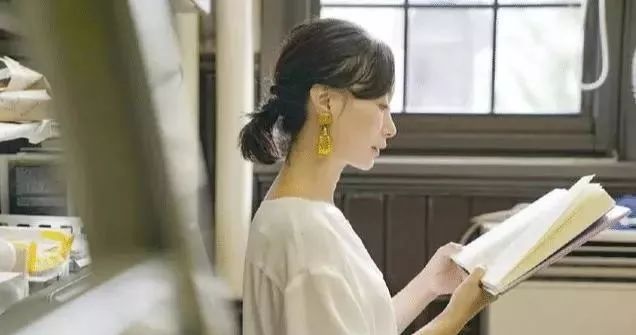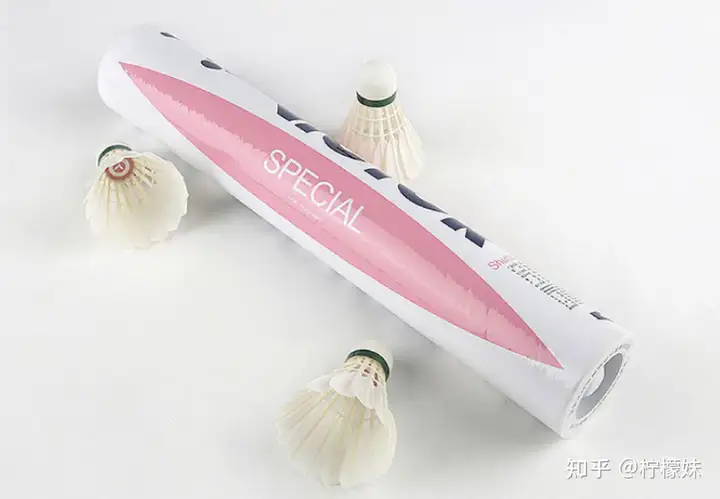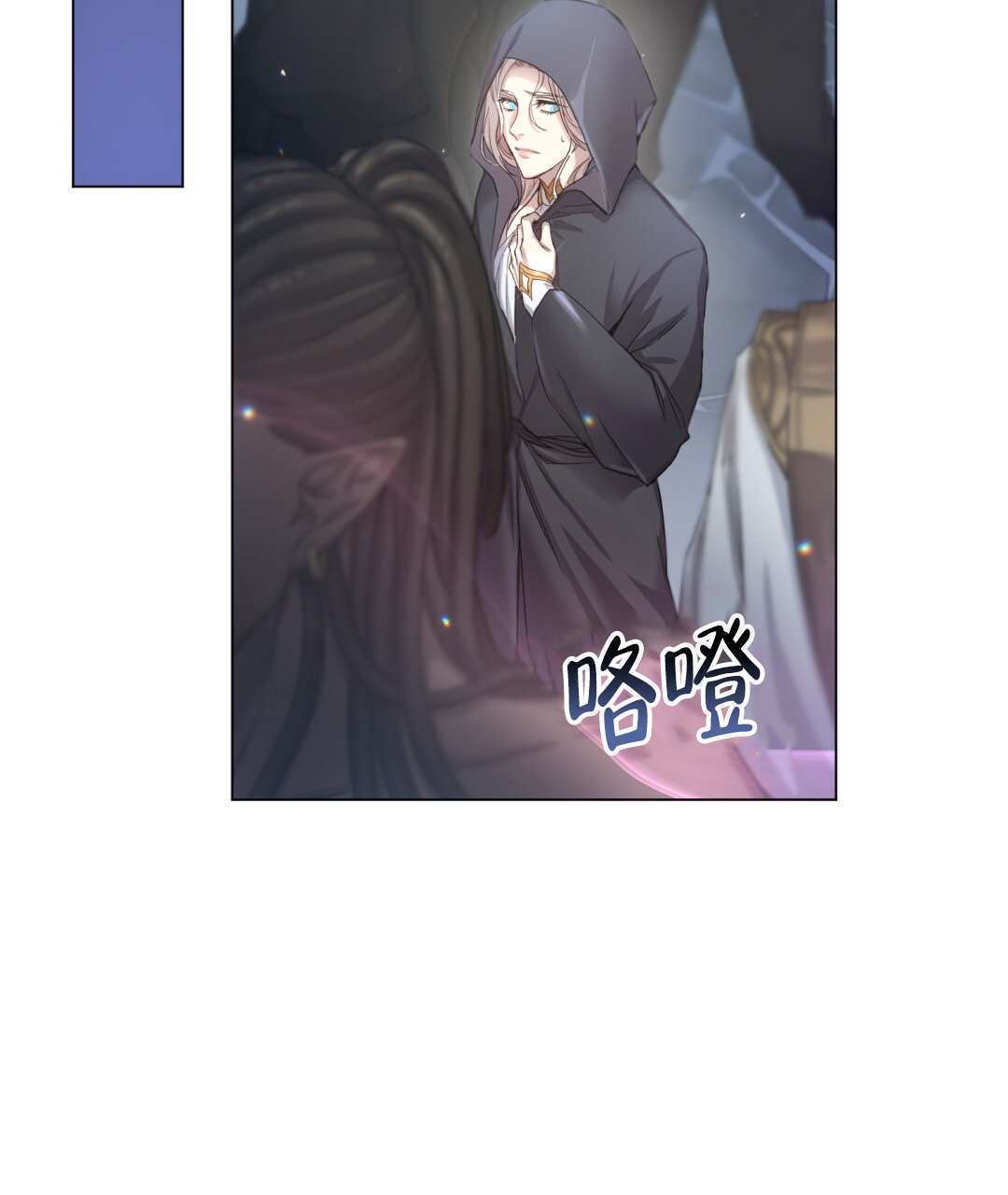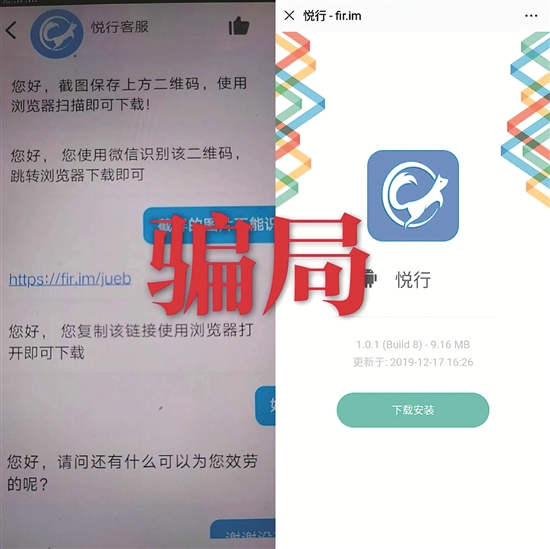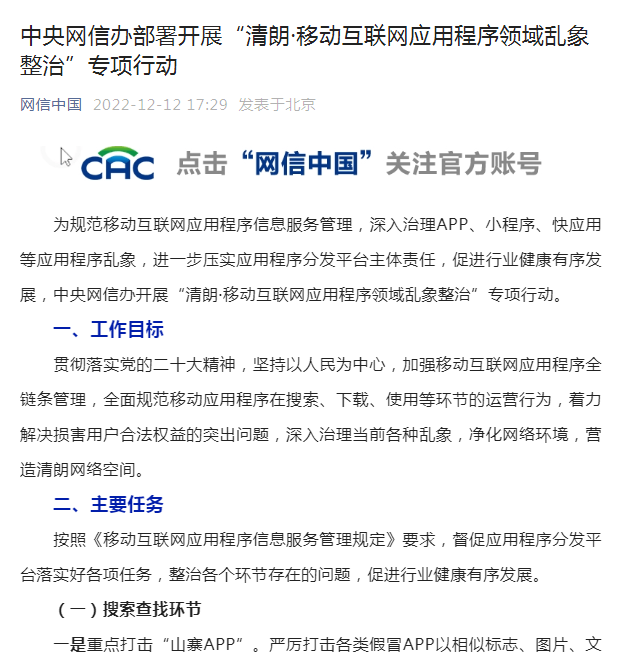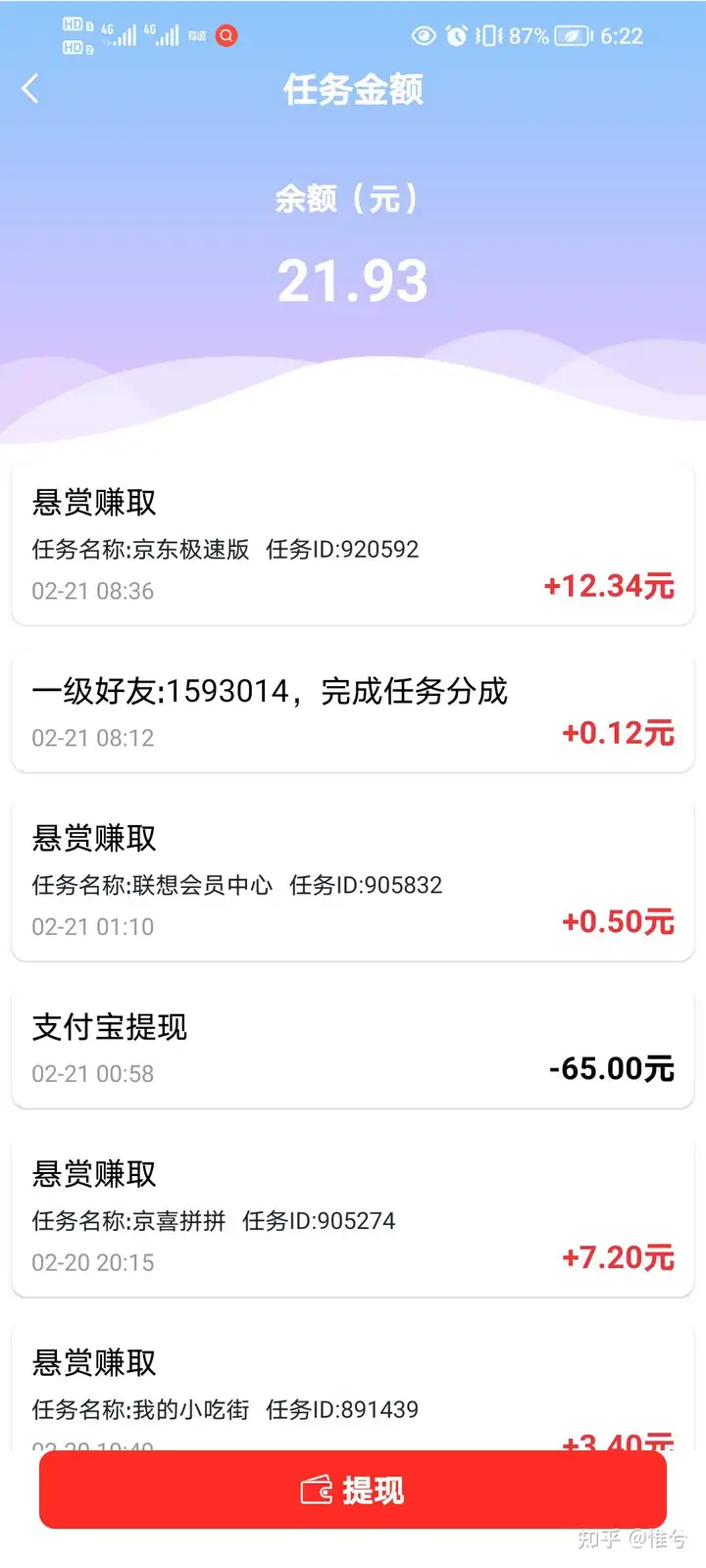外研版|七年级英语下册重点短语和句型总结!

Module1 Lost and Found
【重点短语】
1. lost and found box 失物招领箱
2. welcome back 欢迎回来
3. first of all 首先
4. here is/are... 这有...
5. from now on 从现在开始
6. be careful with 小心保管
7. whose bag 谁的包
8. talk to sb. 与某人交谈
9. mobile phone 移动电话,手机
10. get on 上车 ( get off 下车)
11. two thousand 两千 (thousands of 数以千计的...)
12. look for 寻找
13. at the moment 现在
14. in a hurry 匆忙地
15. alot of 许多,大量
16. hundreds of 数以百计的
17. on the train 在火车上
18. every day 每天
19. such as 例如
20. make a list of 列一张...的清单
21. ask/answer questions 问/回答问题
【重点句型】
1. Welcome back to school! 欢迎回到学校!
2. Whose bag is this? 这是谁的书包?
3. It’s mine. 它是我的。
4. Are these crayons yours? 这些是你的蜡笔吗?
5. Whose tapes are these? 这些是谁的磁带?
6. Here’s a purple wallet! 这儿有个紫色钱包。
7. I think it’s Betty’s. 我认为它是贝蒂的。
8. Everyone, please be careful with your things from now on. 请大家从今以后仔细对待你们的东西。
9. People often lose things when they’re travelling or when they’re in a hurry. 当人们旅行或在匆忙中时,他们经常丢东西。
10. They leave things on planes, on trains, on buses and in taxis. 他们把东西落在飞机上,火车上,公交车上或者出租车上。
11. That’s why…. 那就是……的原因。
12. Hundreds of people come here every day. 每天数百人来这儿。
13. Whose are they? Are they yours? 它们是谁的? 是你的吗?
14. Are you looking for fifteen kilos of sausages? 你在找15公斤香肠吗?
Module2 What Can You Do?
【重点短语】
1. table tennis 乒乓球
2. play the piano 弹钢琴
3. play table tennis 打乒乓球
4. ride a bike 骑自行车
5. speak Chinese 说汉语
6. would like to do sth. 想要做某事
7. worry about 担心
8. play football 踢足球
9. the Music Club 音乐俱乐部
10. get on well with sb. 与某人相处融洽
11. in the school team 在校队
12. work very hard 学习非常努力
13. be sure 确信的
14. be ready to do sth. 准备做某事
15. make our classroom beautiful 使我们的教室漂亮
16. be good at sth. 擅长做某事
17. fly a kite 放风筝
18. swim well 游泳游的好
19.make a poster 制作海报
【重点句型】
1. The new clubs for this term are on the board. 本学期新的俱乐部已经在布告板上.。
2. I’d like to join the Music Club. 我想加入音乐俱乐部。
3. Can you cook, Daming? 大明,你会做饭吗?
4. I can cook eggs, but that’s all. 我会炒鸡蛋,但是仅此而已。
5. Which club can she join? 她能加入哪个俱乐部?
6. I think she’d like to join the Dancing Club because she can dance really well. 我认为他愿意加入舞蹈俱乐部因为她跳舞跳的真的很好。
7. How about you? 你呢?
8. I can’t speak Chinese very well. 我说汉语说得不好。
9. Don’t worry about Chinese. 不要担心汉语。
10. We can teach you Chinese! 我能教你汉语!
11. It’s the start of the new term and we’re choosing our new monitors. 现在是新学期的开端,我们正在选新的班干部。
12. I’d like to be the class monitor. 我想成为班长。
13. I get on well with everyone, classmates and teachers. 我与每个人,老师和同学们相处的好。
14. I’m kind and I’m always ready to help others. 我很友好并且我总是乐于帮助别人。
15. Choose me as your class monitor and I promise to help you! 选我做班长,我保证帮助你们!
16. I want to be the PE monitor. 我想成为体育委员。
17. I can run really fast. I’m really fit and healthy. 我能跑得很快。我真得很健康。
18. I usually get the best score in every match. 每次比赛我通常都得最高分。
19. Choose me for the PE monitor and you can get the best score too! 选我做体育委员,你们也能得最高分。
20. I often help my mother do cleaning at home. 我经常在家帮我妈妈打扫卫生。
21. I’m sure everybody would like a clean classroom, just like home. 我确信每个人都想要一个像家一样干净的教室。
22. Choose me and we can make our classroom beautiful. 选我吧,我们能使我们的教室变得漂亮。
Module3 Making plans
【重点短语】
1. go over 复习
2. see a movie 看电影
3. help with the housework 帮忙做家务
4. have a piano lesson 上钢琴课
5. at the weekend 在周末
6. have a picnic 野餐
7. on Saturday morning 在周六上午
8. join us 加入到我们中来
9. in the park 在公园
10. do one’s homework 做(某人的)家庭作业
11. stay at home alone 独自待在家里
12. look forward to 盼望
13. get up late 起床晚
14. enjoy oneself 过得愉快
15. read a book 读书
16. May Day(Labor Day) 五一劳动节
17. on 2nd May 在五月二日
18. go swimming 去游泳
19. take a walk 散步
20. collect litter in the park 在公园里收集垃圾
21. go sightseeing 观光
22. spend time with family and friends 与家人和朋友们一起度过时光
23. make some new friends 结交一些新朋友
24. at home 在家
25. in the morning of 1st May 在五月一日的上午
26. go on summer camp 去夏令营
27. on the beach 在海滩上
28. listen to music 听音乐
29. travel around the world 环游世界
30. play computer games 玩电脑游戏
31. stay in bed 待在床上
32. make plans 制定计划
33. go for a walk 去散步
34. have fun 玩得愉快
【重点句型 】
1. What are you going to do at the weekend?=What are your plans for the weekend? 你周末打算做什么?/你周末的计划是什么?
2. On Saturday morning, I’m going to check my email and do my homework. 在周六上午,我打算查看我的电子邮件并做作业。
3. Then I’m going to help with the housework. 然后我将帮忙做家务。
4. Who else is going to be there? 还有谁去那里?
5. She can’t come with us. 她不能和我们一块(去)。
6. Would you like to join us? 你愿意加入我们吗?
7. Are we going to meet here? 我们在这儿见面吗?
8. We are going to meet in the park at one o’clock. 我们一点钟在公园见面。
9. I’m going to stay at home alone. 我打算一个人在家呆着。
10. Don’t be silly! 别傻了!
11. It’s going to be a fantastic weekend! 那将会是一个极好的周末!
12. I’m looking forward to the football match tomorrow. 我正期待着明天的足球比赛。
13. We’re going to meet other fans, and make some new friends. 我们将会遇到其他的球迷,并结交一些新朋友。
14. We’re all going to wear the team shirt. 我们将会穿上我们队的队服。
15. We’re going to cheer the players. 我们将会为球队加油。
16. On the morning of 1st May, I’m going to get up late and then read a book. 五月一日早晨我会晚点起床,然后看书。
17. In the afternoon I’m going out with my family and friends. 下午我打算和家人、朋友一起外出。
18. It’s going to be a great holiday---busy but good fun! 这将会是一个很棒的假期,忙碌而有趣!
19. Usually I spend the summer holiday at home, but this year is going to be very different because I’m going on a summer camp in Sydney, Australia. 通常我都是在家过暑假,但是今年将完全不同,因为我将要参加一个在澳大利亚悉尼举办的夏令营。
20. We’re also going sightseeing and going to have a picnic on the beach. 我们还要好好地游览一番,并且在海滩上用餐。
Module4 Life in the future
【重点短语】
1. in the future 将来
2. ask questions 问问题
3. carry lots of books 搬许多书
4. by Internet 通过因特网
5. in 20 years’ time 在20年后
6. be able to 能够
7. study at home 在家学习
8. not…any more 不再...
9. get information on the Internet 在网上得到信息
10. free time 空闲时间
11. traffic jam 交通堵塞
12. the sea level 海平面
13. in spring 在春天
14. a kind of 一种
15. cold wind 冷风
16. not only…but also… 不但…而且…
17. as well 也,又
18. on farm 在农场
19. play with 与…一起玩
20. in the air 在空中
21. light rain 小雨
22. write down 写下,记下
【重点句型】
1. Will schools be different in the future? 未来的学校会不一样吗? 2. In twenty years time, maybe there won’t be any schools! 也许二十年后就没有学校了!
3. Everyone will study at home. 每个人都会在家学习。
4. Students will use computers and get information on the Internet. 学生们将会使用电脑,并且从网上获取信息。
5. They can ask their teachers by Internet, telephone or email. 他们可以通过上网、打电话或发邮件问老师问题。
6. And teachers can check the students’ level and will help them. 而且老师也可以检查学生们的学习水平,并帮助他们。
7. Computers won’t do that. 电脑可做不了。
8. Teachers won’t use on a blackboard and students won’t use pens and paper, or erasers any more. 老师们将不会再用粉笔在黑板上写字,学生们也不会再用钢笔、纸张或橡皮了。
9. Will students have a lot of homework to do? 那学生们还会有很多作业要做吗?
10. They’ll have a lot of free time! 他们会有很多空闲时间!
11 .That’ll be great! 那太棒了。
12. What will life be like in the future? 未来的生活会怎样?
13. How will things change? 将会发生怎样的变化?
14. Here are some ideas. Which ones will come true? 这里有一些想法。其中哪些会成现实呢?
15. In the future, a change of weather won’t mean a change of clothes. 未来,天气的变化不一定意味着更换衣服。
16. They’ll be warm when we’re cold, and cool when we’re hot. 当我们觉得冷的时候他就会变暖和,当我们感觉热的时候他就会变凉爽。
17. There’ll be no more light rain and cold wind in spring. 在春天,不再有小雨和寒风。
18. The sea level will rise as well. 海平面也会升高。
19. We won’t travel by bus or bike any more. 我们将不会再乘公共汽车或骑自行车去旅行。
20. It’ll be cheap to travel everywhere by plane, not only over land, but also over the sea or even into space. 坐飞机旅行将会变得非常便宜,不仅可以在陆地上空飞行,而且还可以飞到海上甚至进入太空。
21. Maybe there’ll be traffic jams in the air. 也许空中会出现交通堵塞呢。
22. Working hours will be short so people will have long holidays. 工作时间将会很短,因此人们将会拥有很长的假期。
Module5 Shopping
【重点短语】
1. clothes shop 服装店
2. half price 半价
3. try on 试穿
4. shop worker 店员
5. too much 太多
6. Mother’s Day 母亲节
7. wait a minute 等一下
8. pay for 付钱
9. change one’s life 改变某人的生活
10. go out 出去
11. online shopping 网上购物
12. one day 一天
13. no one 没有人
14. at any time 在任何时候
15. because of 由于
16. the price of… ...的价格
17. one of… …中的一个
18. save money 省钱
19. and so on 等等
20. shopping list 购物单
【重点句型】
1. What can I do for you? 我能帮你做些什么?
2. I\d like to buy a T-shirt for my mum. 想为我妈妈买件T恤衫。
3. Can I help you? 我能帮你吗?
4. There\s a sale on today. Everything is half price. 今天有打折活动,所有东西都是五折。
5. What colour does she like? 她喜欢什么颜色?
6. What size does she take? 她穿多大码?
7. ---May I try it on? ---Certainly. ---我能试穿一下吗?---当然可以。
8. I\ll take it. 我买它了!
9. I\d like some sausages. 我想买些香肠。
10. How much are they? 多少钱?
11. What else would you like? 你还想要些什么?
12. Here\s fifty-nine yuan. 这是59元。
13. There are many new ways of shopping, and online shopping is one of them. 现在有很多种新型的购物方式,而网上购物就是其中一种。
14. Then you receive it a few days later by post. 几天后你就会通过邮寄的方式收到它(你买的物品)。
15. Online shopping has several advantages. First, ...Second, …Third, … 网上购物有几个优点。首先,......其次,...... 再次,......
16. Shopping usually takes a lot of time. 去实体店购物通常需要花很多时间。
17. But to shop on the Internet you only need a computer and a mouse! 但是在网上购物,你只需要一台电脑和一个鼠标。
18. But many people like going out and shopping with friends. 但是许多人喜欢和朋友一起外出逛街购物。
19. Also paying over the Internet isn\t always safe. 而且网上付款也并不总是安全的。
20. Online shopping is changing our way of life. 网上购物正在改变我们的生活方式。
21. One day no one will go to the shops any more, because you\ll be able to buy anything on the Internet, and you will be able to receive it anywhere in the world at any time! 有一天将没有人再去商店购物,因为你能在网上买到任何东西,并且在全世界的各个地方和任何时间你都可以收到商品。
Module6 Around Town
【重点短语】
1. get to 到达
2. on the left 在左边
3. in front of 在…的前面
4. near here 在这附近
5. the way to 去…的路
6. over there 在那里
7. turn left 向左转
8. take the underground 乘地铁
9. get off 下车
10. begin with 以…开始
11. the middle of ……的中间
12. from home to school 从家到学校
13. on the map 在地图上
14. on a clear day 在晴朗的一天
15. next to 紧挨着
16. post office 邮局
17. at the cinema 在电影院
18. at the end of the street 在路的尽头
19. bus stop 公共汽车站
【重点句型】
1. Betty and Lingling are standing in front of Tian\anmen Square. 贝蒂和玲玲站在天安门前。
2. Can you tell me the way to Wangfujing Dajie? 你们可以告诉我去王府井大街的路怎么走吗?
3. Could you tell me how to get to the National Stadium? 你能告诉我去国家体育馆怎么走吗?
4. Go across Dong Chang’an Jie, go along the street and turn left at the third street on the left. 穿过东长安街,然后沿着马路一直走,在左边的第三条马路向左拐,就到了。
5. Is there a bookshop near here? 这附近有书店吗?
6. How can I get there? 怎么才能到达呢?
7. Why not ask the policeman over there? 为什么不问问那边的警察呢?
8. Take the Underground to the Olympic Sports Centre, or you can take a bus or a taxi. 坐地铁到奥体中心,你也可以坐公共汽车或打车去。
9. Have a nice day! 祝你玩的愉快!
10. Welcome to this short tour of London. 欢迎参加伦敦短程游。 11. We’re standing opposite the National Gallery, a famous museum with lots of famous paintings. 我们现在站在国家美术馆——一个藏有许多名画的博物馆——的对面。
12. The Queen lives there. (英国)女王就住在这里。
13. It takes you 135 metres above the River Thames. 它能带你到离泰晤士河对面135米高的地方。
14. You can see most of London on a clear day. 在晴朗的日子里,你几乎能看到伦敦市的全貌。
15. When you are tired, the best way to see London is by boat. 当你走累了,最好的地方便是乘船游览伦敦。
16. As you go along the river, the London Eye is on your right. 沿着河行进时,伦敦眼就在你的右面。
17. It’s over 900 years old. 它已有九百多年的历史。
18. After visiting the Tower of London, take the boat back along the river to the railway station. 参观完伦敦塔之后,乘船沿河回到火车站。
19.You’re now back at the square. And this is where we’ll finish our tour. 你现在回到了(特勒法尔加)广场,在这里我们将结束我们的伦敦游。
Module7 My past life
【重点短语】
1. primary school 小学
2. the name of… ……的名字
3. be born 出生
4. in England 在英格兰
5. in Shanxi Province 在山西省
6. quite difficult 非常困难
7. on the east coast of America 在美国东海岸
8. twelve years ago 12年前
9. lots of things to do 许多要做的事情
10. last year 去年
11. last weekend 上周末
12. from…to… 从…到…
【重点句型】
1. Where were you born? 你在哪里出生?
2. I was born in… 我出生在……
3. What was the name of the village? 那个村庄叫什么?
4. What was the name of your first school? 你上的第一所学校叫什么名字?
5. Who was your first teacher? 你的第一位老师是谁?
6. She was very friendly. 她非常友好。
7. Who were your first friends? 你最早的朋友是谁呢?
8. What were they like? 他们当时是怎样的?
9. What were you like? 你当时是怎样的?
10. There were lots of things to do in Quincy. 在昆西有很多事情可以做。
11. I was very happy there. 我在那里非常快乐。
12. There was a big living room with a TV, a kitchen, a bathroom and three bedrooms. 有一间大的起居室,里面有一台电视机,还有一间厨房,一个卫生间和三间卧室。
13. On my bedroom walls there were pictures of my favourite movie stars. 在我卧室的墙壁上,贴有我最喜欢的影星的图片。
14. Behind the house, there was a big garden with lots of trees and there was a small lake with fish in it. It was great to play there. 房子后面有一个大花园,花园里有很多树,还有一个小湖里面有鱼。在那里玩耍真好。
15. Many of them were my friends. 他们中很多都是我的朋友。
16. I was there for the last time in 2010. 我最近一次住在那里是在2010年。
17. One day I’ll go back, and I’m looking forward to seeing my friends again. 将来有一天我还会回去的,我盼望着在见到我的朋友!
Module8 Story time
【重点短语】
1. once upon a time 从前
2. in the forest 在森林里
3. look into 向…里面看去
4. knock on the door 敲门
5. a girl with hair of gold 一个留着金色头发的女孩
6. push the door 推开门
7. go for a walk 去散步
8. pick up 捡起,拾起
9. pick some flowers 摘一些花
10. look around 环视,四下张望
11. in pieces 破碎
12. at first 首先,最初
13. sit down 坐下
14. point at 指着
15. walk into the bedroom 走进卧室
16. jump out of bed 跳下床
17. be asleep 睡着
18. go home 回家
19. change into 变成…
20. again and again 一遍又一遍
21. around the world 全世界
22. begin with 以…开始
【重点句型】
1. All alone in the dark forest, Goldilocks picked some flowers. 金凤花姑娘独自走进了阴暗的森林里,摘了一些花。
2. And soon she was lost. 不久她迷路了。
3. Then she noticed a little house, so she hurried towards it, and knocked on the door. 她注意到一栋小房子,于是她赶快朝那栋房子走了过去,敲了敲门。
4. Nobody answered, so she knocked again, and again. 没人回应,于是她又反复的敲门。
5. It was open. There was nobody there. 门开了,里面没人。
6. On a table there were three bowls with some nice food in them. 在一张桌子上有三个碗,碗里盛着好吃的东西。
7. The little bowl was just right. She finished all the food in it. 小碗里的正好,她把小碗里的东西全吃光了。
8. First she tried the big chair, but wasn’t comfortable. 首先,她试着坐在那个大椅子上,但不太舒服。
9. It was not comfortable either. 它也不舒服。
10. Soon the chair was in pieces. 那把椅子一会儿就散架了。
11. Very soon she was asleep in it. 很快她就在小床上睡着了。
12. There’s nothing in my bowl. 我的碗空了。
13. He wasn’t very happy! 他很不高兴。
14. Then Baby Bear pointed at the little girl in his bed. 小熊指了指他床上的小女孩。
15. Goldilocks jumped out of bed and hurried out of the house without her basket. 金凤花姑娘从床上跳了下来,也顾不上提篮子,便冲出了房间。
Module9 Life history
【重点短语】
1. at the age of 在…岁时
2. Spring Festive 春节
3. Teacher’s Day 教师节
4. be different from 与…不同
5. Women’s Day 妇女节
6. find out 发现
7. National Day 国庆节
8. on the Internet 在网上
9. Children’s Day 儿童节
10. as well 也
11. New Year’s Day 新年
12. leave school 离开学校
13.May Day/Labour Day 劳动节
14. in many other languages 用许多其他的语言
15. half an hour 半小时
16. half past five 五点半
17. be worth doing 值得做
18. get married 结婚
【重点句型】
1. I’m writing about him for my English class. 我在写关于他的介绍,上英语课要用的。
2. We can find out about him on the Internet. 我们可以在网上找到关于他的资料啊。
3. He left school and began work at the age of 12. 他12岁就离开学校开始了工作了。
4. What did he do? 他做过什么?
5. I don’t know the exact date. 我不知道确切的日期。
6. But he took the name Mark Twain and became very famous in the 1860s. 不过在19世纪60年代,他用了马克•吐温这个名字,并且变得很有名。
7. Like many people four hundred years ago, Shakespeare’s parents didn’t learn to read or write. 像四百多年前的许多人一样,莎士比亚的父母不识字。
8. At school he liked plays, so he decided to be an actor when he finished school at 14. 在他14岁毕业的时候,他决定成为一名演员。
9. He became a successful actor and began to write plays. 他成为了一名成功的演员,并开始写剧本。
10. You can visit the theatre today, but it isn’t the same building. 今天你还可以去参观那个剧院,不在已是当年那个建筑了。
11. There was a fire in the old theatre. 老剧院发生过火灾。
12. William Shakespeare died at the age of 52. 威廉•莎士比亚52岁去世。
13. You can still see his plays in English and in many the languages. 你现在依然可以看见他的戏剧以英文和其他许多语言在演出。
14. He’s famous around the world. 他举世闻名。
Module10 A holiday journey
【重点短语】
1. go there 去那里
2. drive us to their home 开车带我们去他们家
3. go swimming 去游泳
4. get there 到那儿
5. movie star 电影明星
6. a special holiday 一个特殊的假期
7. at the airport 在机场
8. Pacific Ocean 太平洋
9. this year 今年
10. have a good time 玩得高兴
11. be with sb. 和某人一起
12. on holiday 度假
13. by plane 坐飞机
14. such as 例如
15. the day before yesterday 前天
16. take a walk 散步
17. begin our tour of the city 开始这个城市的旅行
18. the Eiffel Tower 埃菲尔铁塔
19. many world-famous works of art 许多世界著名的艺术品
20. first of all 首先
21. wait in line 排队等候
22. at the station 在车站
23. do different things 做不同的事情
24. spend all day 花整天时间
25. take lots of photos 照许多照片
26. go with sb. 与某人一起去
【重点句型】
1. —Where are you going on holiday, Tony? 你打算去哪儿度假,托尼?
—To Los Angeles. 去洛杉矶。
2. I went there two years ago and enjoyed it a lot. 我两年前去过,玩的很开心。
3. How long did it take to get there? 你花了多长时间去那里?
4. Then our friends met us and drove us to their home. 然后我们的朋友去接我们,开车带我们到他们家。
5. Who was with you? 你和谁一起去的?
6. So what did you do? 那你们都做了些什么呢?
7. Guess what? 你猜怎么着?
8. I was so excited! 我太激动了!
9. How long did you stay there? 你们在那里呆了多久?
10. We stayed there for two days. 我们在那里呆了两天。
11. Jenny and I arrived by plane the day before yesterday. 珍妮和我前天坐飞机到的。
12. We were tired so we relaxed at home and began our tour of the city yesterday. 我们感觉很累,所以我们在家休息,昨天开始在市里观光。
13. It has many world-famous works of art, such as the Mona Lisa. 它有许多世界闻名的艺术品,比如《蒙娜•丽莎》。
14. This morning we took a walk. 今天上午我们去散步了。
15. We also did some shopping. I bought a present for you. I hope you’ll like it! 我们也买了些东西,我也给你买了件礼物,希望你会喜欢。
16. There were lots of tourists, so first of all, we had to wait in line for an hour, and then we went to the top. We waited till all the lights were on. 有很多游客,所以我们得排队等一个小时,后来我们到了塔顶。我们在那儿一直等到所有的灯都亮了起来。
17. Tomorrow we’re going to visit a famous palace and take a boat tour on the River Seine. 我们明天要去参观一个著名的宫殿,还要乘船游览塞纳河。
18. I’ll write again. 我会再给你写邮件的。
Module11 Body language
【重点短语】
1. body language 肢体语言
2. touch noses 碰鼻子
3. nod head 点头
4. best friend 最好的朋友
5. shake hands 握手
6. film star 电影明星
7. each other 互相
8. foreign students 外国学生
9. in fact 事实上
10. stand close to 站得离......近
11. be late for class 上课迟到
12. move away 离开,搬走
13. eat candy 吃糖果
14. be careful 小心
15. class rules 班规
16. listen to 听
17. stand in line 站成一排
18. enter the lab alone 独自进入实验室
19. on time 准时,按时
20. hold on to 抓紧,坚持
【重点句型】
1. I’m welcoming the visitors. 我要去迎接这些参观者。
2. How do I do that? 我该怎么做呢?
3. I didn’t know that. 我(原来)可不知道。
4. We Chinese often shake hands and smile when we meet visitors, and sometimes we nod our heads. 我们中国人见到来访者的时候经常握手、微笑,有时候点头示意。
5. That’s because people do different things in different countries. 那是因为不同的国家的人做法不同。
6. Our new foreign students are going to arrive very soon, and here are some ways to welcome them. 我们的外国新生很快就要到了。下面是迎接他们的一些方式。
7. How close do you stand when you talk to a friend? 当你和朋友交谈时站得有多近呢?
8. But don’t stand too close to… 但是不要站的离……太近!
9. Give them more personal space. 给他们更多的个人空间。
10. How about touching people? 那么关于身体接触呢?
11. Chinese girls often walk arm in arm with their friends. 中国女孩就常常和朋友手挽着手走在一起。
12. But in Britain many people don’t like other people to touch them at all. 但在英国,许多人一点也不喜欢别人碰他们。
13. In some places, it isn’t polite to look at people when they talk, but in other countries it isn’t polite to look somewhere else. 在一些地区,交谈时看着对方是不礼貌的,但在另外一些国家,交谈时看别的地方是不礼貌的。
14. And how do you say goodbye? That’s easy. Wave to say goodbye. 如何表示告别呢?那很简单,挥手告别。
15. In Greece, it’s not at all polite! In fact, it’s very rude! 在希腊,那绝对是不礼貌的!事实上,那是很粗鲁的!
Module12 Western music
【重点短语】
1. Beijing Opera 京剧
2. the capital of Austria 奥地利首都
3. think about 认为,考虑
4. pop music 流行音乐
5. Western Music 西方音乐
6. dance to 随着…跳舞
7. the center of …的中心
8. European classical music 欧洲古典音乐
9. on the river 在…河畔
10. hundreds of wonderful pieces of music 数以百计的美妙的乐曲
11. play music 演奏音乐
12. traditional music 传统音乐
13. take place 发生
14. at the same time 同时
15. watch it on TV 在电视上观看
16. types of music 音乐的类型
17. the rest of 其余的...
18. in the last ten years 在过去的十年里
19. at that time 在那时
【重点句型】
1. This is Western music, isn’t it? 这是西方音乐,是吧?
2. —Is this by Strauss or Mozart? 这是斯特劳斯还是莫扎特的作品?
—It’s by Strauss. 它是斯特劳斯的作品。
3. Do you know anything about him? 你了解他吗?
4. What a beautiful city! 多么美丽的城市!
5. This is called The Blue Danube. 这首乐曲叫《蓝色多瑙河》。
6. It goes through Vienna. 它流经维也纳。
7. Listen to this fantastic voice. 你听这绝妙的嗓音。
8. I’m a fan of rock music. 我是一个摇滚乐迷。
9. Give us a break! 让我们清净一会吧!(饶了我们吧!!)
10. It’s so noisy! And much too fast! 太吵了!而且节奏太快了。
11. I don’t believe it! 我简直无法相信!
12. Vienna is a beautiful old city on the River Danube in the centre of Europe. 维也纳是位于欧洲中部多瑙河畔的一座古老而美丽的城市。
13. The father, Johann Strauss the elder, wrote and played music for traditional dances, called the waltz. 父亲老约翰•斯特劳斯创作并演奏一种叫华尔兹的古典舞曲。
14. His dance music made him famous all over Europe. 他的舞曲让他闻名于欧洲。
15. He wrote over 150 waltzes. 他谱写了150多首华尔兹舞曲。
16. Mozart was another very important composer. 莫扎特是另一位非常重要的艺术家。
17. Before he was six, he played not only the piano but also the violin. 他不到六岁就不仅会弹钢琴,还会拉小提琴。
18. His family took him around Europe and he gave concerts in many cities. 他的家人带着他周游欧洲并在许多城市巡回演出。
19. He wrote hundreds of wonderful pieces of music. 他谱写了几百部动人的音乐作品。
20. But he became very poor and died in 1791 when he was only 35. 但是他后来变得很贫困,于1791年去世年仅35岁。
21. Like Johann Strauss, father and son, he was a great European musician, and many people still think his music is perfect. 像约翰•斯特劳斯父子俩一样,它是一位伟大的欧洲音乐家。现在许多人依然认为他的音乐是完美的。



